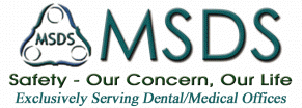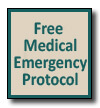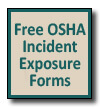From Your Regulatory Compliance Specialist – Linda Cannon. COVID-19 Update#20
 |
| Staff of MSDS wish you to Stay Safe, De-Stress and Stay Active! Linda, Anee, Saba, Nicky, Ifra and Gaetan (no photo)      |
Quick Guide to Newsletter’s Content:
Israeli Chief Vaccine advisor: “We have made mistakes”
Dr. Steve James: I’d sacrifice my job over vaccine mandates
Coronavirus (COVID-19) latest insights
COVID-19: Scientists in Thailand using tobacco leaves to develop plant-based vaccine to fight Omicron
Jeffrey Shaman on Where the Pandemic Might Take Us in 2022
Sale for the N95’s
How to support CannonRidge
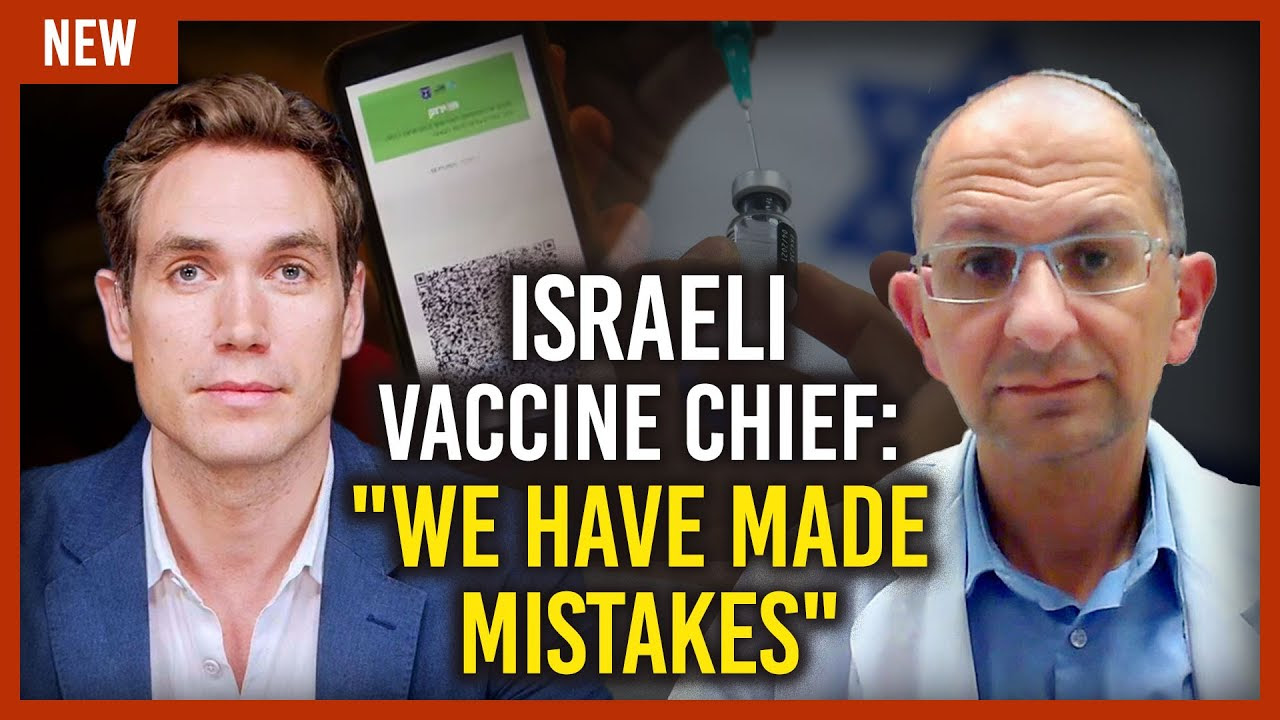
Israeli Chief Vaccine advisor: “We have made mistakes”
Professor Cyrille Cohen talks herd immunity and his pandemic regrets
Professor Cyrille Cohen is head of Immunology at Bar Ilan University and a member of the advisory committee for vaccines for the Israeli Government. In a wide-ranging and forthright interview, the Professor tells Freddie Sayers:
- The Green Pass / vaccine passport concept is no longer relevant in the Omicron era and should be phased out (he expects it to be in short order in Israel)
- He and his colleagues were surprised and disappointed that the vaccines did not prevent transmission, as they had originally hoped
- The biggest mistake of the pandemic in Israel was closing schools and education
- Widespread infection is now an inevitable part of future immunity — otherwise known as herd immunity
- Omicron has accelerated the pandemic into the endemic phase, in which Covid will be “like flu”
KEY QUOTESEspecially with Omicron, where we don’t see virtually any difference, there is a very narrow gap between people vaccinated and non-vaccinated, both can get infected with a virus, more or less at the same pace.
– CYRILLE COHEN, UNHERDTV
On the behavioral science behind the Green Pass:You have also to understand that the Green Pass is not necessarily — and that’s not a secret — it’s not necessarily to prevent transmission. It’s also to encourage people to get vaccinated. And I don’t want to touch upon the political aspects of the green pass. But this is a reality.
– CYRILLE COHEN, UNHERDTV
On the risks and rewards of herd immunity:Herd immunity is a consequence for me. It’s not an objective, it’s not a goal. There is a thin nuance here, if I may say, that people have to grasp. I’m not saying to people go and get infected, I don’t think that this is a model that we need to adopt.
– CYRILLE COHEN, UNHERDTV
On Israeli school closures:There is one mistake, I think that we made, and that I’m extremely sorry for that. We have made a few mistakes, but it was education. For me education was the thing we shouldn’t have touched. Never, never.
– CYRILLE COHEN, UNHERDTV
On the acceleration from pandemic to endemic:I think it’s going to be like flu, I think there is going to be bad waves and better waves, with a better immunity at the level of the population, with better vaccines with better treatment. In that sense, and I’m extremely cautious, there is a possibility that Omicron will accelerate that transition.
– CYRILLE COHEN, UNHERDTV
On vaccine mandates:I think that vaccination is a personal choice. And I always said, I believe it is so. But that choice has some consequences. And here, there is a problem in society. If you are over 50, 60, and you’re saying I don’t want to get vaccinated, will you be, and I’m gonna ask a provocative question, will you be willing to renounce on the possibility of getting taken care of in hospitals?
– CYRILLE COHEN, UNHERDTV
https://www.msdssafety.com/wp-admin/upload.php?item=10791
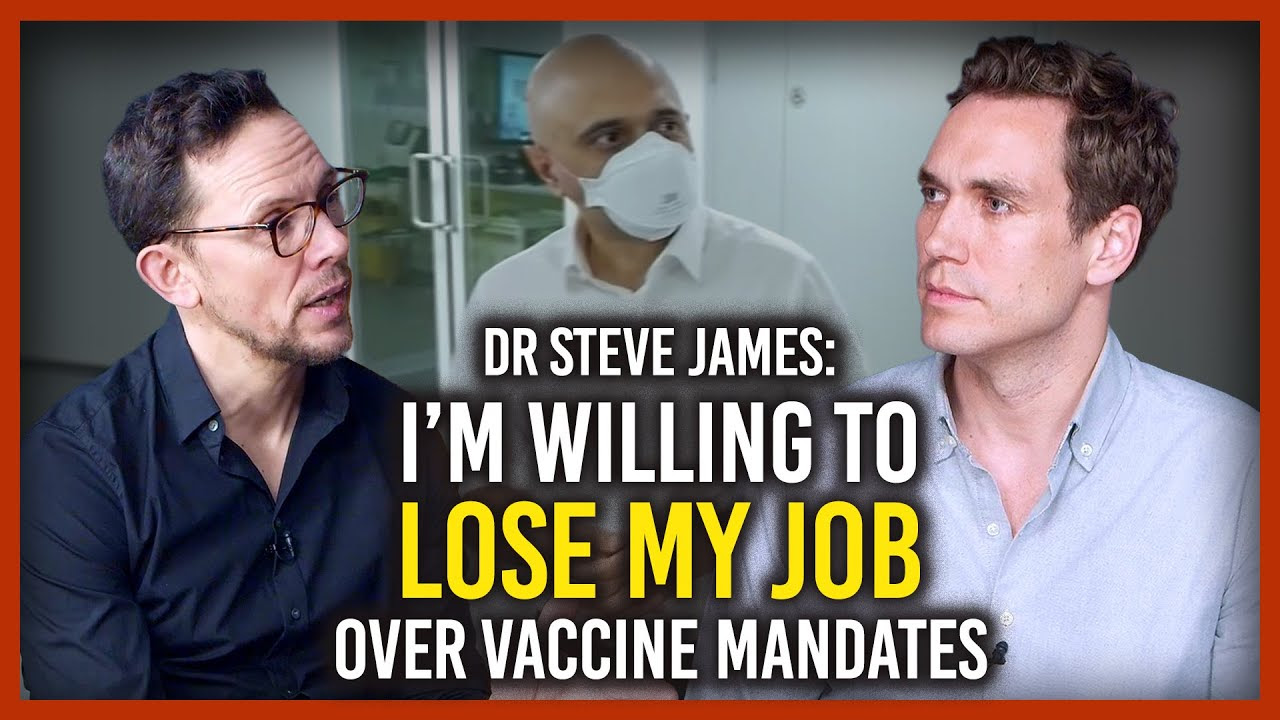
Dr. Steve James: I’d sacrifice my job over vaccine mandates
The NHS consultant who challenged Sajid Javid explains all to Freddie Sayers
Steve James is a critical care consultant at King’s College Hospital in London. When Health Secretary Sajid Javid visited last Friday, he asked the NHS staff about what they thought of the forthcoming mandates that will make Covid vaccination a condition of deployment for NHS staff. Dr James spoke out, saying why he was against the mandate and why he hadn’t taken the vaccine himself.
It made headlines across the UK media, in particular coming from a Cambridge-educated NHS frontline doctor. Dr James came in to the UnHerd studio to explain his position in more detail to Freddie Sayers.
While he does not think of himself as ‘anti-vax’ (he dislikes the label), he argues that there’s nothing wrong with individuals preferring not to take vaccines if they so choose. Nevertheless, he accepts that vaccines have had an important effect on Covid hospitalisation rates. “Undoubtedly the vaccines have made a big difference,” he says.
But he objects to the simplistic messaging around vaccination, saying that because Covid is so much more dangerous to older people and vulnerable groups, the insistence on universal vaccination (including making examples of people who refuse) is inappropriate.
Dr. James has had Covid (he doesn’t know when, but tests positive for antibodies). But he admits he hadn’t taken the vaccine even for the period of months before he tested for antibodies, because he preferred to wait a period to fully understand the extent of any side effects.
He has also personally witnessed some potential Covid vaccine side effects, which made him more alive to the potential risks:
From the risk side of things, the risk is very small of a serious event. But I have got a friend whose family member is young, and had a myocarditis, a colleague at work who had a pericarditis, we’ve seen three relatively young, healthy people coming to King’s College Hospital post vaccination, who’ve died. So that’s not zero, although the chances are very small. So when you work in a hospital, and you see some of those patients, you’re seeing a very select group, but they’re on your radar.
– STEVE JAMES, UNHERD
What made him speak out was the sense that the debate was being stifled, even among NHS workers:
What got me going the most was knowing that the voices of colleagues are not being heard… For the last month or two colleagues have been winking and nudging each other and having meetings outside the hospital grounds and making small social media groups to support each other. Because they’re worried about losing their jobs… If there are all these people around, and we’re talking about 10% of the NHS, who are being threatened with the loss of their livelihood, come on, I mean, their voices should be heard. God, they’ve been trying to speak.
– STEVE JAMES, UNHERD
He’s had a mixture of positive and negative reactions within the hospital since he spoke out, but referred to mounting questions among NHS workers:
The population knows that we were clapped a year and a half ago, and they now know, we’re being sacked. So who wouldn’t ask questions about that transformation? How does this process “protect the NHS”? How do you really protect the NHS by losing a large chunk of your staff?
– STEVE JAMES, UNHERD
He hopes that the policy will change before the April deadline, but is prepared to lose his job rather than be vaccinated. “If push comes to shove, I’m not going to have the vaccine, no… I’ll lose my job.” He says he would move to another country where the rules are different.
Dr. James feels that he would not be able to be a good doctor if his integrity had been compromised by taking a medication that he didn’t want. He said that better information about both the risks and rewards of taking the vaccine should be put out by the Government in a way that people can tailor to their own risk profile.So does he think the policy will change, and will he still be working in the NHS come April?
I’m very hopeful person. I do see the possibility for change — I do see Omicron giving the possibility for a delay and a review. I do see the possibility for trusts to contact the government and say we’re worried about losing our staff, and that seems to be a bigger problem than whether they’re vaccinated or not, because we were not really worried about transmission from staff to patients.
– STEVE JAMES, UNHERD
Coronavirus (COVID-19) latest insights
A live roundup of the latest data and trends about the coronavirus (COVID-19) pandemic from the ONS and other sources.

North West has almost 10% coronavirus (COVID-19) positivity
14 January 2022
The North West of England has the highest percentage of people testing positive for coronavirus (COVID-19).
In the week ending 6 January 2022, 9.81% of people in the North West tested positive for COVID-19 , whereas the lowest percentage of people testing positive was in the South West, with 4.18% of the population testing positive.
During this period, the percentage of people testing positive for COVID-19 continued to increase across all regions of England, except London and the East of England.
In the East of England, the percentage testing positive continued to increase in the two weeks up to 6 January 2022, but the trend was uncertain in the most recent week. In London, the percentage of people testing positive decreased in the most recent week.
The percentage of people testing positive for COVID-19 was highest in the North West in the week ending 6 January 2022
Modelled daily percentage of the population testing positive for coronavirus (COVID-19) on nose and throat swabs by region, England, 26 November 2021 to 6 January 2022

Data for the percentage of people testing positive for coronavirus by English region (XLSX, 73KB)
The estimated number of people living in private households (not in hospitals, care homes and/or other communal establishments) that had COVID-19 in the most recent week was:
- England – 3,735,000 people (1 in 15)
- Wales – 169,100 people (1 in 20)
- Northern Ireland – 99,200 people (1 in 20)
- Scotland – 297,400 people (1 in 20)
To ensure our latest estimates are available at the earliest opportunity during this period of high infections of COVID-19, we will be publishing early headline results on Wednesdays. Our latest headline results were published on Wednesday 12 January 2022.
Long COVID continues to affect more than a million people 1.3 million people (2%) in the four weeks to 6 December 2021 LC for less than 12 weeks 21% (270,000 people) LC for more than 12 weeks 70% (892,000 people) LC for a year or more 40% (506,000 people) 20% reported their ability to undertake day-to-day activities had been “limited a lot”
Symptoms
Fatigue, 51%
Loss of smell, 37%
Shortness of breath, 36%
Difficulty in concentrating, 28%
Self-reported long COVID was greatest in:
Aged 35 to 69 years
Females
People living in more deprived areas
Those working in health care and social care those with another activity-limiting health condition or disability
Those in teaching and education Encephalitis lethargica
Sleepy sickness
Brain disease Statue-like condition,
speechless,
motionless
One million victims or more Half a million deaths Most survivors never returned to their pre-morbid vigour Oliver Sacks They would be conscious and aware – yet not fully awake; they would sit motionless and speechless all day in their chairs, totally lacking energy, impetus, initiative, motive, appetite, affect or desire; they registered what went on about them without active attention, and with profound indifference. They neither conveyed nor felt the feeling of life; they were as insubstantial as ghosts, and as passive as zombies English sweats (England, 1529) mal mazzuco (Italy, 1597) Kriebelkrankheit (Germany, 1672–75) Rafania (Sweden, 1754–57) nona (Italy, 1890–91) Post encephalitic Parkinsonism Risk of post covid diabetes https://www.cdc.gov/mmwr/volumes/71/w… Increased risk of severe COVID-19 European pediatric populations during the COVID-19 pandemic Increases in the number of type 1 diabetes diagnoses Increased frequency and severity of diabetic ketoacidosis CDC Group 1 Diabetes incidence among patients aged less than 18 years after covid diagnosis Group 2 Diabetes incidence among those matched by age and sex, no covid diagnosis Group 3 Received a pre pandemic non–COVID-19 acute respiratory infection diagnosis Result N = 80,893 patients with COVID-19 New diabetes diagnosis 0.08%, 64 patients New diabetes diagnosis was 31% more likely to occur N = 439,439 patients with COVID-19 New diabetes diagnosis 0.25%, 1,233 patients New diabetes diagnoses were 166% more likely to occur New diabetes diagnosis in less than 18s 116% more likely to occur among those with COVID-19 than among those with ARI during the pre pandemic period Non–SARS-CoV-2 respiratory infection was not associated with diabetes. More severe covid may increase risk of DM Implications highlights the importance of COVID-19 prevention strategies in 18s and under Monitoring for long-term consequences, DM 1 and DM2 More than 30 days after the index date Screen for diabetes symptoms post covid Polyuria Thirst Weight loss Increased hunger Fatigue Stomach pain Nausea or vomiting Also https://www.diabetes.org.uk/diabetes-… Genital itching or thrush Cuts and wounds take longer to heal. Blurred eyesight Developing DKA breath that smells fruity (like pear drop sweets, or nail varnish remover) deep or fast breathing dry skin low blood pressure confusion feeling very tired or sleepy passing out Aetiology of post covid DM
https://www.msdssafety.com/wp-admin/upload.php?item=10788
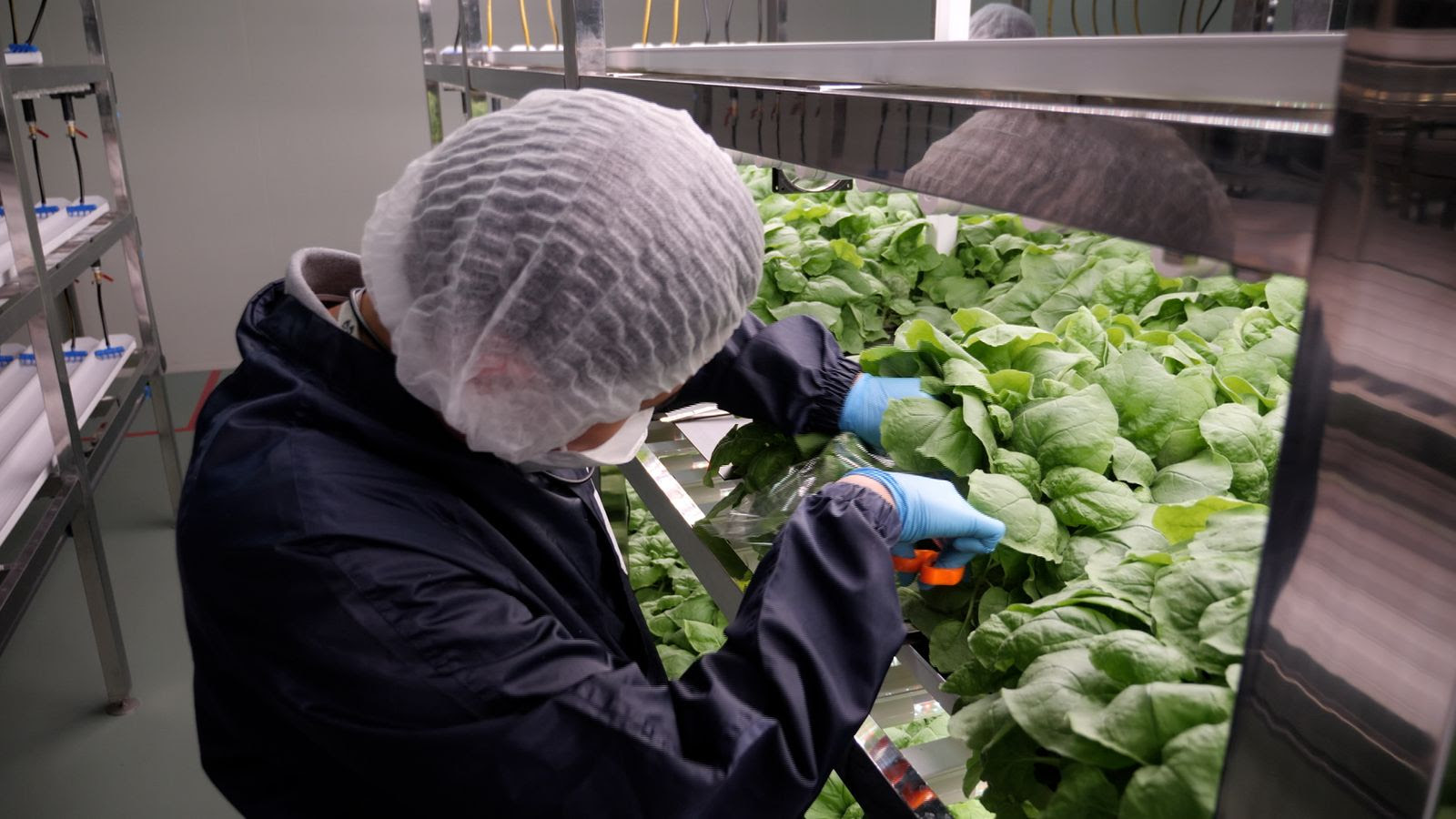
COVID-19: Scientists in Thailand using tobacco leaves to develop plant-based vaccine to fight Omicron
Testing of the COVID-19 vaccine initially began in 2020 with the next round of human trials due in the spring. Developers say the benefit of tobacco is that it can be grown almost anywhere in the world at low cost.
Scientists in Thailand are developing a plant-based vaccine to fight the Omicron variant.
Testing of the COVID-19 vaccine, which uses tobacco leaves, initially began in 2020, with the next round of human trials due in the spring.
The low-nicotine Australian tobacco variety is different to the kind used in cigarettes.

(Testing of the COVID-19 vaccine, which uses tobacco leaves, initially began in 2020 with the next round of human trials due in the spring) Researchers say the speed at which it grows means it can be turned from a seed into a vaccine within a month and the technology is highly adaptable.
“It takes only 10 days for us to produce a prototype and… no more than three weeks to test whether that prototype works or not,” assistant professor Dr Suthira Taychakhoonavudh, chief executive of Baiya Phytopharm, told Sky News. “For example, right now, we are already working on the Omicron strains. We have the prototype and we’re testing it right now.”
The harvested leaves are used as a host to produce proteins which mimic the COVID-19 virus.
The leaves are blended and the protein is extracted.
When the resulting vaccine is injected into humans it stimulates antibodies which our bodies can use to fight the real virus in the future.
The earliest the vaccine would be cleared for use is late 2022.
Even though other COVID-19 vaccinations are already available, developers say it’s important to continue the project for future health security.
(Assistant professor Dr Suthira Taychakhoonavudh)
“COVID-19 is not going to be the last one, right? You’re going to have so many emerging diseases and if we can develop the vaccine ourselves, then we don’t have to rely on vaccines from other countries,” explained co-founder and chief technology officer Dr Waranyoo Phoolcharoen.
The team say the benefit of the tobacco plants, particularly for low-income countries, is that you can grow them almost anywhere in the world at low cost.
The clinical trials are still ongoing so growing conditions in the Bangkok lab are tightly controlled and monitored, with researchers dressed in protective clothing. 
(Associate professor Dr Waranyoo Phoolcharoen)
The facility at Chulalongkorn University is the first of its kind in Asia making tobacco-based vaccines for human use.
If successful, they hope to produce 60 million doses a year and, once perfected, the tobacco-based technology is versatile.
“We can use it to produce other drugs. So we can use it to produce anti-cancer, anti-rabies, anti-venoms and those we will focus on more. [For example] Tropical diseases that normally multinational pharmaceutical companies might not be interested in,” said Dr Taychakhoonavudh. 
(Even though other COVID-19 vaccinations are already available, developers say it’s important to continue the project for future health security)
(The low nicotine Australian tobacco variety is different to the kind used in cigarettes)
They said the vaccine’s overall efficacy rate against all variants of the coronavirus was 71%, except Omicron, which was not in circulation when the study was underway.
The Thai project still has two more sets of trials to complete and needs regulator approval before it can be used by the public but the scientists say plant-based vaccines offer a growing number of opportunities for countries like Thailand to develop their own weapons to fight deadly diseases.
https://www.msdssafety.com/wp-admin/upload.php?item=10786
Jeffrey Shaman on Where the Pandemic Might Take US in 2022
In the weeks since the emergence of the Omicron variant, the United States has once again led the world with a record of confirmed cases of COVID-19. In a conversation with Transmission, Professor Jeffrey Shaman, a world-renowned authority in infectious disease modeling, says the actual number of infections is many times larger still and they continue to accumulate at a near-exponential pace. On the plus side, his computer models suggest case numbers may subside as quickly as they climbed, peaking by mid-January.
WE’RE TWO YEARS INTO THE PANDEMIC. WHAT’S CAN WE EXPECT NEXT?
When it comes to Omicron, we can look at other countries but it isn’t a perfect comparison. In South Africa, Omicron has already come down. But it’s summer there and the virus has less opportunity to spread.

U.S. COVID cases are projected to peak in mid-January
If you look at our projections, Omicron may peak as soon as this week in New York City. Other areas of the country could peak a couple of weeks later. Our median projection has 5 million confirmed cases during the worst week with an upper bound of more than 8 million, although the actual number of infections would be much higher.
DO YOU EXPECT THE CASE NUMBERS WILL COME DOWN QUICKLY?
Right now, we’re seeing an average of more than 500,000 cases every day in the U.S. And the numbers are increasing. A virus that aggressive can rocket up until it burns through its fuel of susceptible cases and comes crashing down. On a national level, this decline would be slightly less dramatic than we might see here in New York.
WHAT MIGHT THE NEXT YEAR LOOK LIKE BEYOND THE OMICRON WAVE?
When the next wave hits and how severe it will be are unknown. After four or five months, we could see descendants of Delta or Omicron re-establish themselves when people’s immunity wanes, or we could see an entirely new variant emerge. We might need another booster this year, possibly even two. There’s also a chance we won’t see a significant new variant for much longer. There may be a limit to how much the virus can change and radically evade immunity.
https://www.msdssafety.com/wp-admin/upload.php?item=10787
SALE Get each of the 3 models 3m 8200 and 3m 8210 and 3m 9205+ for $2 each.  Here is the Link: https://www.msdssafety.com/product/n95-respirator-mask-on-sale-$2-pc |
| Want to change how you receive these emails? You can update your preferences or unsubscribe from this list. |
  CannonRidge – Linda Cannon is the director. It’s or 501c3 (she is also your Regulatory Compliance Specialist) wants to invite you to come out and run the 5 acres. If you and your children don’t have any place to run, or your children want to come and enjoy the mini Gypsy Horse we have, you are more than welcome. We will only have one family at a time out. But the children can enjoy brushing Sheldon and taking out braids and putting them back. They can take him for a walk. He does help the children and adults with stress. Just Email me at CannonRidge@cox.net or text me at 757-718-1515 (Text Only) and I will put you on the books. There is never a change. I would love for you to support CannonRidge where we bring dental staff members in who are feeling the need for some mindful meditation. Plus abused women and children. Those that are having suicidal thoughts. For any of those who have needed help with the board of dentistry this will be our go to request for payment since there’s not a safety class for the Board of Dentistry! |
   Organizing your computer for MSDS:Make a folder on your desktop named MSDS.Double click the folder.Create Folders for each category. OSHA-BBP, OSHA Safety Classes, HIPAA, Medical Emergency, BLS-CPR, etc.In each folder, for example, HIPAA:You’ll have the Business Associate Agreement, Patient Consent Form, Office’s Privacy Practice, etc. We love our ClientsMSDS911ADDITIONAL SERVICES OSHA-BBP Exposure Control Plan.Mandatory by Federal OSHA-BBPRequired to be PersonalizedReviewed Annually by all office staff involved in OPIM. (Other Potentially Infectious Materials)This manual is also called: The OSHA manual, The Exposure Control Plan or The Bloodborne Pathogen manual. Organizing your computer for MSDS:Make a folder on your desktop named MSDS.Double click the folder.Create Folders for each category. OSHA-BBP, OSHA Safety Classes, HIPAA, Medical Emergency, BLS-CPR, etc.In each folder, for example, HIPAA:You’ll have the Business Associate Agreement, Patient Consent Form, Office’s Privacy Practice, etc. We love our ClientsMSDS911ADDITIONAL SERVICES OSHA-BBP Exposure Control Plan.Mandatory by Federal OSHA-BBPRequired to be PersonalizedReviewed Annually by all office staff involved in OPIM. (Other Potentially Infectious Materials)This manual is also called: The OSHA manual, The Exposure Control Plan or The Bloodborne Pathogen manual. If you want MSDS to help you with your Personalized manual. The cost for non clients is $450.00. Cost for Clients is $250.00 this gives you not only a personalized manual in binder form, but also in PDF which is the format the Inspectors will want you to have. Best to know that we will not have you answer incorrectly vs. you writing your own manual and the manual is incorrect. MSDS can boast that our manual has never been given anything less than an A+ from an OSHA inspector. |

